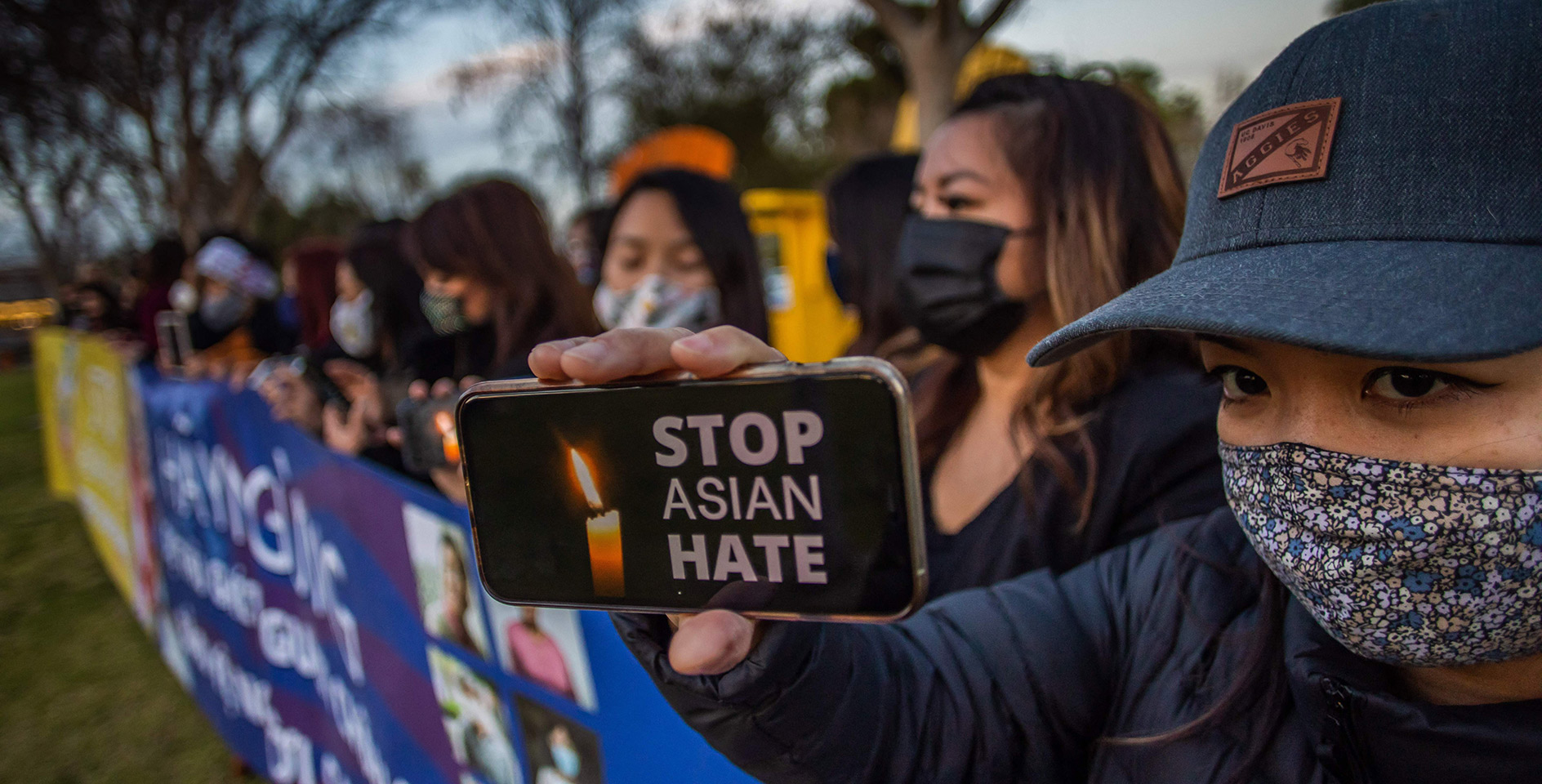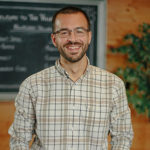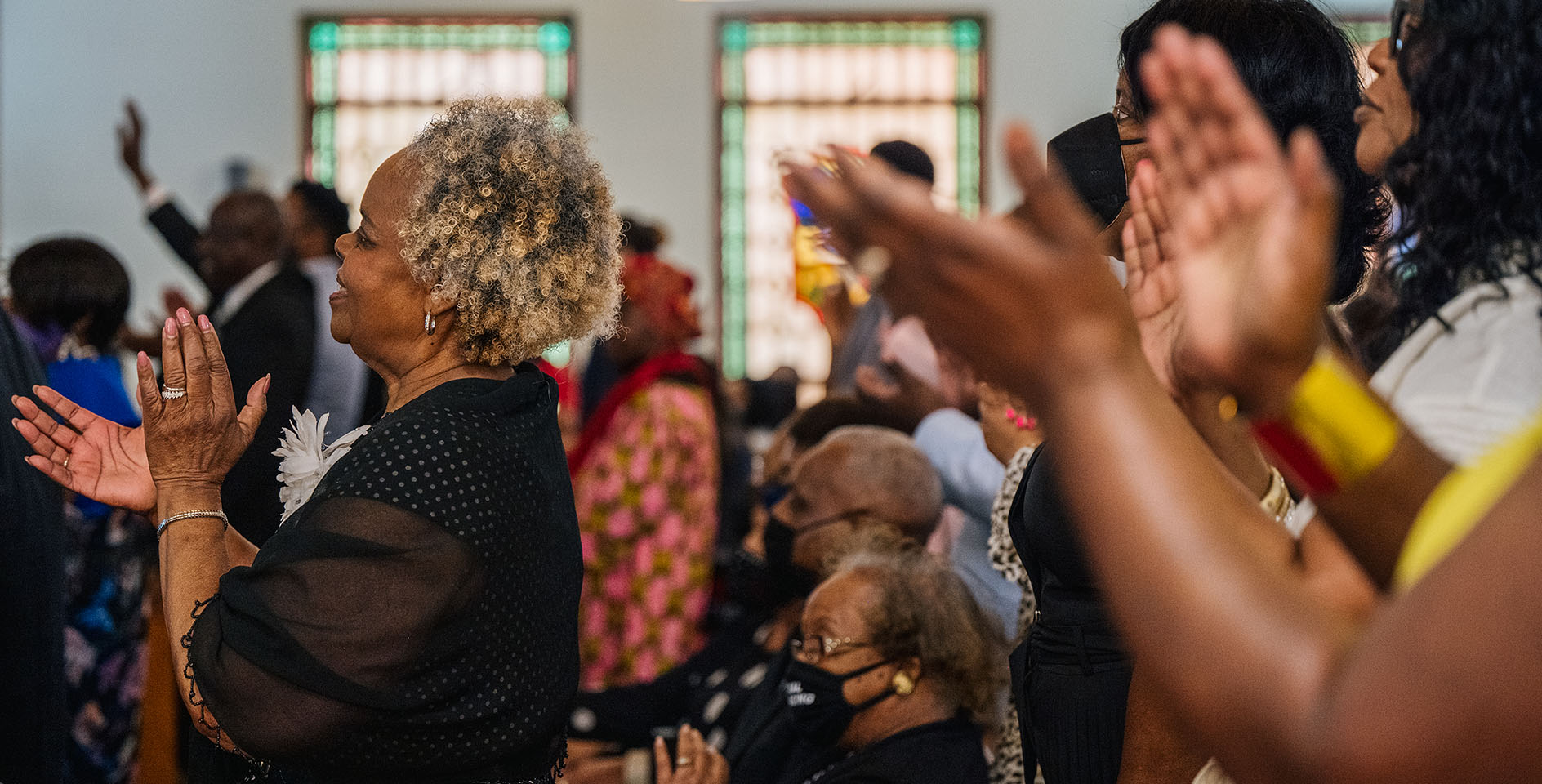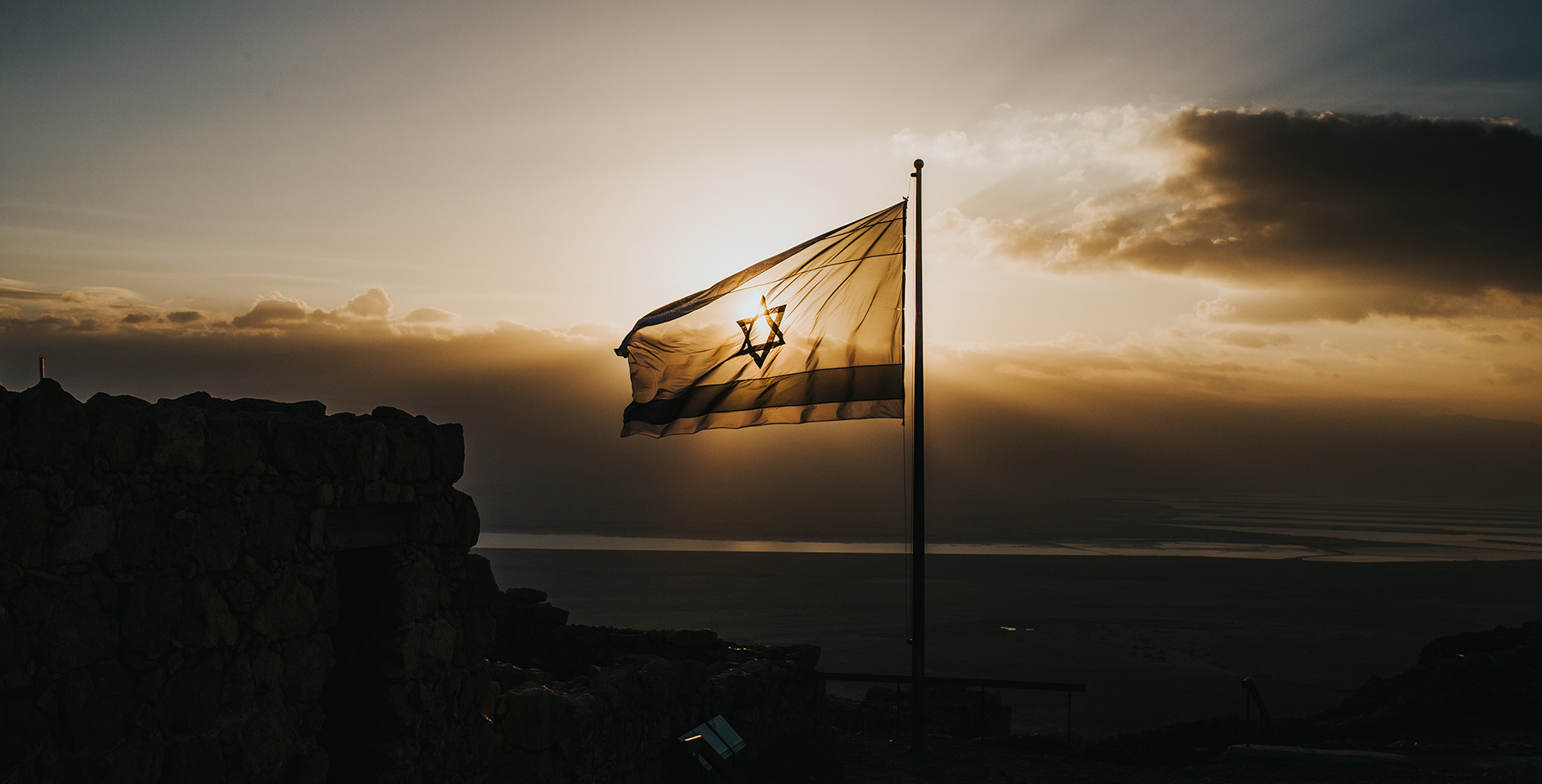With the recent rise of hate crimes targeting Asian-Americans, the terroristic shootings in Atlanta this week touched a tender cord for many in the Asian-American community. Though the alleged shooter, Robert Aaron Long, has taken responsibility for the murders, he has stated that his alleged crimes were not racially motivated.
However, with six of the victims being women of Asian descent, it feels sadly familiar. Last summer’s killings of Ahmad Arbery and George Floyd sprung to mind as more information came out about the Atlanta killing spree. It was difficult not to think of Dylann Roof, who joined an evening Bible Study on June 17, 2015, at the historically Black Emanuel African Methodist Episcopal Church in Charleston, South Carolina, only to kill nine church members, all of whom were African-American.
Even though Long denies his crimes were racially motivated, the church cannot overlook the facts of this tragedy and the growing hostility toward Asian-Americans in the United States. The New York Times is reporting that there have been almost 3,800 “hate incidents” against Asian-Americans in the last year. The reality is, our brothers and sisters in the Asian-American community are hurting, and have been since at least the onset of the coronavirus pandemic. Having endured growing hostility and targeted aggression in the wake of COVID-19, Asian-Americans have been the regular recipients of hateful rhetoric and worse, bringing unimaginable pain and frustration. As hate and hostility seem to be growing nationwide, this community of Americans is suffering acutely.
Racism and the Tower of Babel
In lamenting the events of the last year, I have found myself wondering where all of this originated. We can certainly look at the stark heritage of racism in our nation’s history, what many call America’s “original sin.” And while there is no denying our country’s regrettable complicity, racism pre-dates our founding by thousands of years, all the way back to the Tower of Babel.
At the Tower of Babel in Genesis 11, we see a picture of all of humanity together, united in culture, language, and purpose. Though, as the Bible makes clear, that purpose was to rival God’s reign over the world. God’s image-bearers were meant to rule over the earth as God’s representatives. But in constructing the tower, our forebears were attempting to rule as his replacement, which resulted in their exile, just like their forebears Adam and Eve. He scattered them and confused their language because together their aspirations proved deadly, and he knew things would get worse. It was merciful discipline. But, because sin infects every human heart, the desire to rule over something different from us has never left.
We still do not know if Long was motivated by racism or sex addiction or a combination of these and other sins. But we do know that human beings have brought our Babel-like tendencies with us to our respective cultures, languages, and ethnicities. Since we could not rule like or over God, we’ve now set our sights on one another. In our society, racism and white supremacy seeks to make other image-bearers, those who speak different languages and come from other cultures, subject to another’s rule. And because sin makes us think we can rival God, the sickest among us imagine that we have the right to give and take life, a right that only belongs to him.
The responsibility of the church today
Those who are in Christ have a responsibility to speak out against racism and white supremacy. Why? Because racism and white supremacy have no place in the kingdom of God and are fundamentally antithetical to the gospel. And as we continue to see, these are problems that continue to plague our country and churches. As those who have been saved by grace through faith, we are called to the good works of protecting the vulnerable, caring for the oppressed, and fighting against evil. We have been saved not just from our sin, but into the work of the Triune God who saved us, to restore all that was lost in the fall. We seek to make straight what is crooked and make whole what has been shattered. Christ did that for us, and we go and do likewise.
Diversity and the destiny of the church
Our destiny as the church is a multiethnic one, a future that has been set from before the foundation of the earth. As Paul argues in Ephesians 2, any dividing walls of hostility between Jew and Gentile have been banished in Christ, resulting in a beautiful, multiethnic temple. The body of Christ, therefore, consists of people from every tribe, tongue, and nation. It was a plan, Paul says, that was set in motion from “before the foundation of the world, that we should be holy and blameless before him” (Eph. 1:4). In other words, for the glory of God and the holiness of his church, homogeneity was never part of the plan.
Because it was always God’s intention to build a multiethnic kingdom, we cannot say we are “seeking first the kingdom of God” (Matt. 6:33) unless we say and show that we care about racism. Hate crimes against the Black community are the most notorious in American history, but a crime against any person because of their race is an affront to God’s genius, design, and image. As the body of Christ and as emissaries of the kingdom of God on Earth, we cannot sit by and watch our Asian-American neighbors, or any others, suffer such injustice.
We may never know the answers to the questions we have after the shooting spree in Atlanta. But there are two things we know to be true: God hates sin and comforts the broken. Right now, the pain present in the Asian-American community is real. Our neighbors are hurting and living in fear. We must join our voices with the chorus of lament and speak up in opposition to such forms of hate. Even more, we must get involved. We are a people called to love our neighbors not just with our prayers and voices, but with our hands and feet. Only then will all that has been shattered in this world begin to be made whole.







